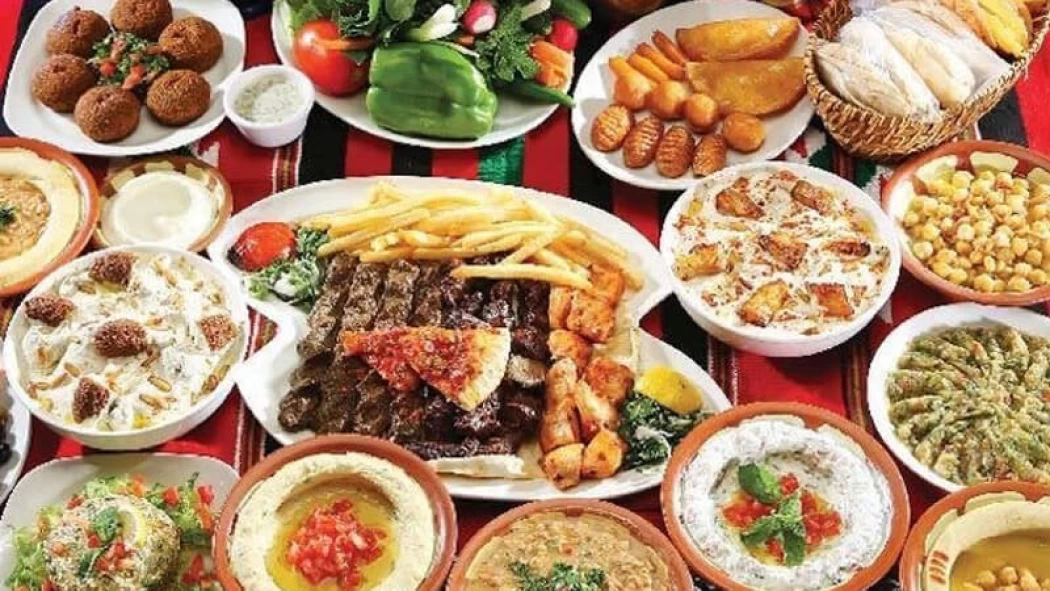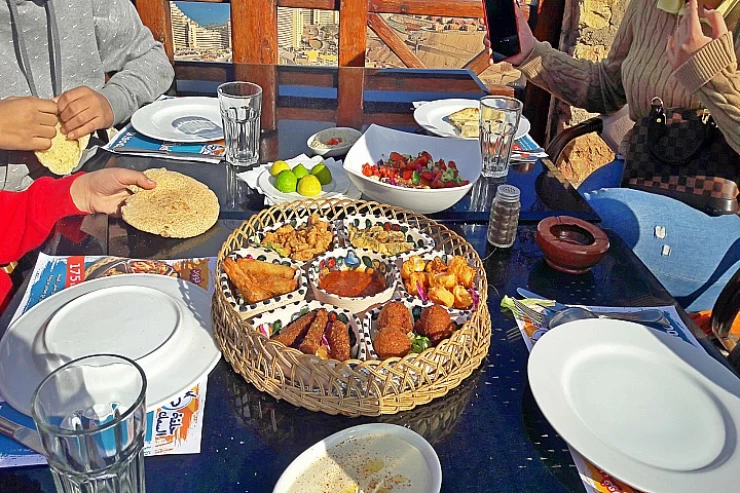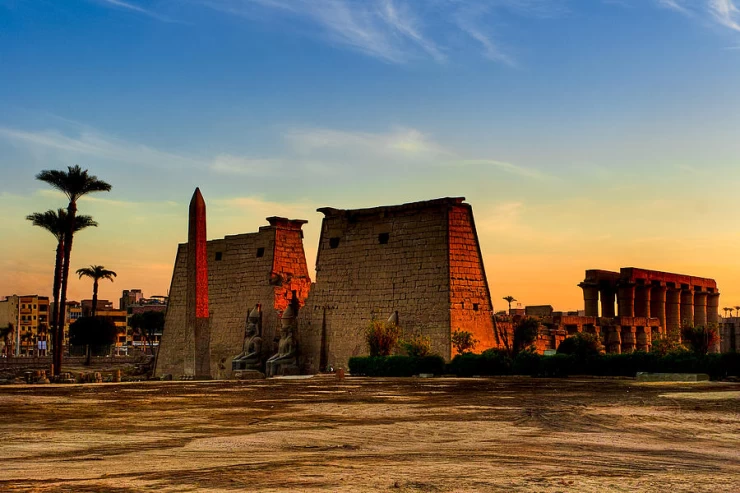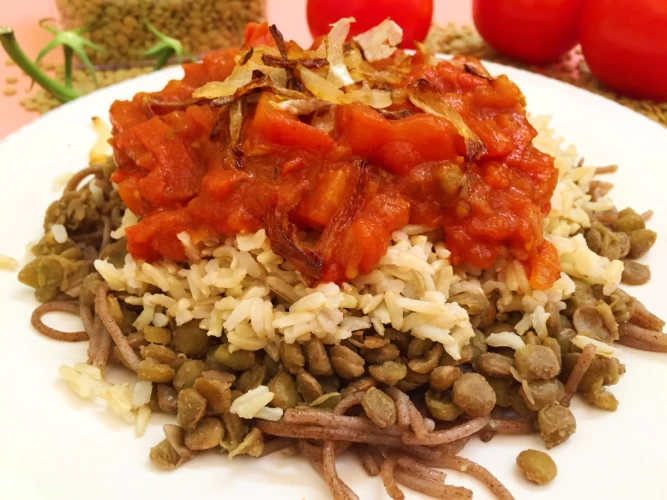
Egyptian culture and food traditions
Egyptian culture and food traditions
Throughout history, various social and religious events in Egypt have been associated in the minds of Egyptians with the consumption of many types of food, without which the joy of any occasion would not be complete. This is why Egypt is one of the most famous countries in the Arab and Muslim worlds that hold integrated social events, celebrating a specific anniversary or celebrating a well-known public figure, and pairing them with the creation of popular cuisine.
However, despite the widespread popularity of Egyptian events and the popular food associated with them, none of these distinctive foods are listed on the intangible cultural heritage list of the United Nations Educational, Scientific and Cultural Organization (UNESCO), leading to Egypt's delay in registering part of its ancient heritage.
One of the most popular folkloric products of the countryside is the peasant pie, which is made of unleavened white flour, rolled out to be very thin, and the thinner and more layers it has, the better quality it is, and it is greased with butter so that it does not stick together, and cooked until it turns golden in the traditional peasant oven made of “clay”, which is still used by the villagers in the villages. The pie is eaten alone or with some other additions that give it a different flavor, such as adding old cheese on its surface, black honey with tahini or white honey.
Cottage cheese is made from fresh milk in a primitive way that has been inherited by peasant women for years, and is only produced in villages, where the milk is placed in what is known as the “qirba”, which is a vessel of animal skin treated with salt, and the “qirba” is pushed, which is attached to some wooden posts, so the repeated push in a straight line causes the cheese to separate from the ghee, then it is placed for about two days in a rough plastic container to drain the suspended liquid, and then light salt is added to become ready to eat and fresh.
Conventional tastes different from one governorate to another. Hot-ta'ameya and fesikh are examples of dishes that are traditionally enjoyed during Eid Celebrations. An extremely significant dish following the month of Ramadan is ta'ameya, while a dish served on the first day of Eid, especially in Damietta governorate, where fasting is over and the body is prepared to have some food, is quite commonly called fesikh.
Undoubtedly, the crowned official dish of Egypt which is Edt Koshari is served during Eids as it is unskippable however Koshary joints arm up for war on the very first day of Eid. It Is Not Open For Hussein Koshary At The L'hiver Restaurant Opening Day. August 1 Mahatma Gandhi Koshari Restaurant will Offer Eid Sale Hours Wednesday Family Buffet Hour on Khulna Hotel Astoria from 09.00 to 12.00 ‘clock.


















